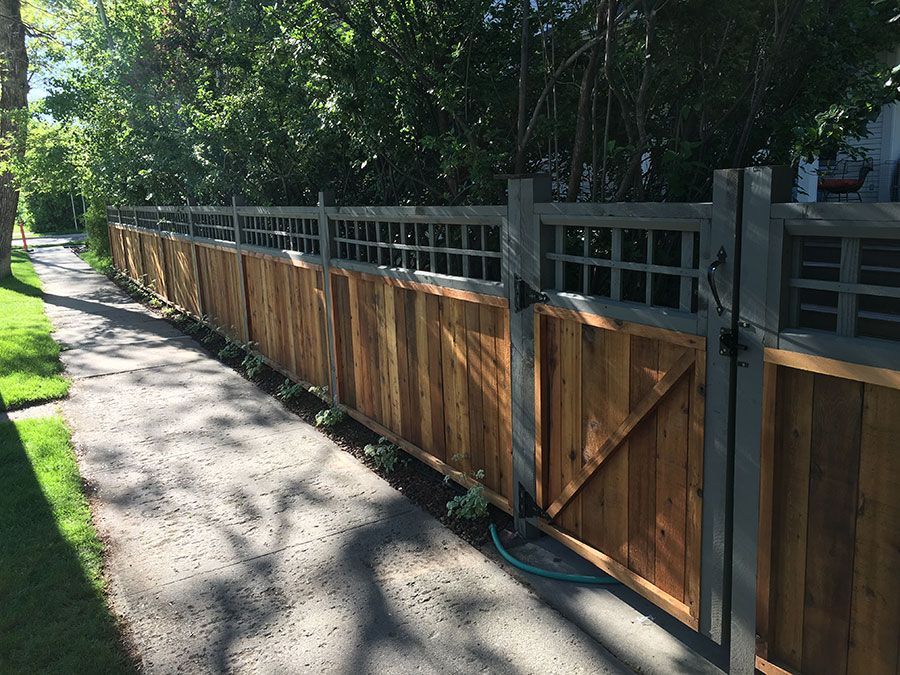Fence upkeep doesn’t always require expert help. With the proper tools and a little know-how, you can manage many standard issues yourself and save on repair costs. Here’s a simple guide to DIY fence care.
Essential Tools for DIY Fence Maintenance
Before you start fixing your fence, be sure to have the proper tools ready. Here’s a list of essential items for handling most DIY fence repairs:
- Hammer – Ideal for fixing loose nails or damaged boards
- Screwdriver – Perfect for adjusting screws in both wood and metal fences
- Post Level – Helps keep your fence posts straight and secure
- Paint or Stain – Helps protect wood from the elements and extend its lifespan
- Wire Cutters – Useful for trimming wire fences or cutting away tangled vines
A Guide to Fixing Common Fence Issues
How to Fix a Loose Fence Board
Fixing a loose or damaged fence board is easy and quick. Here's how you can do it:
- Take out any loose nails or screws with a hammer or screwdriver.
- Align the board with the rest of the fence and secure it with new nails or screws.
- Consider adding a corner bracket or additional reinforcement to ensure stability.
How to Stain and Seal Wooden Fences
To protect your wooden fence and maintain its appearance, staining or sealing is essential:
- Start by cleaning the fence well to remove any dirt, debris, and mildew.
- Choose a suitable stain or sealant for outdoor use.
- Apply evenly with a brush or sprayer, starting from the top and working your way down.
- Let the stain dry fully before using the fence again.
When to Call a Professional for Fence Repairs
Not every fence issue can be fixed with a DIY approach. While minor repairs like tightening screws or replacing boards are manageable, more complex problems may require a professional's expertise:
- Major structural issues, like leaning posts or a sagging fence.
- Electric fences or high-security fences require specialized knowledge and should be handled by experts.
- When weather damage compromises the fence’s structure, it’s best to get professional assistance.
If you're unsure whether your repair is beyond your skill level, it's always better to call a pro. It can save you time, money, and potential frustration in the long run.
